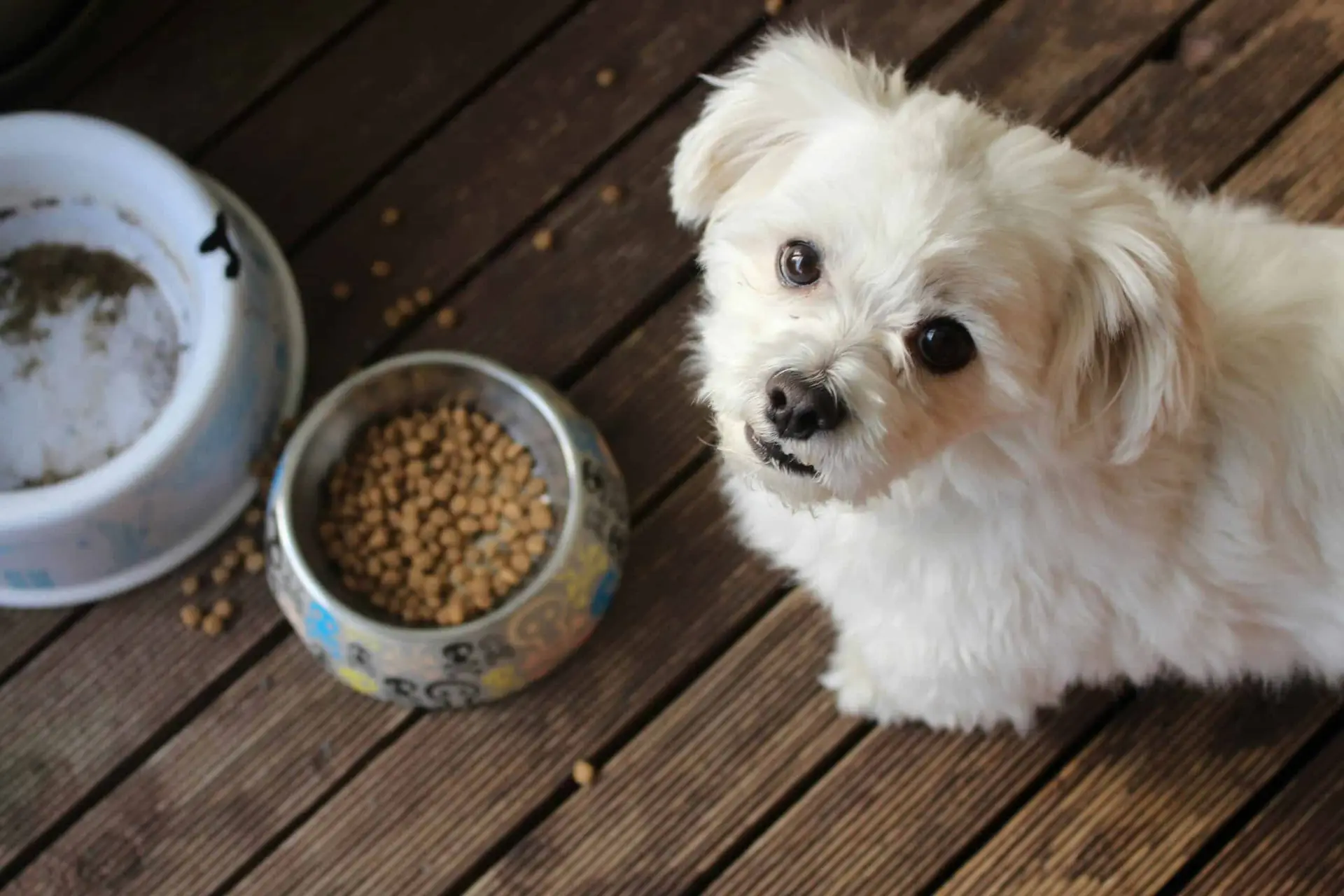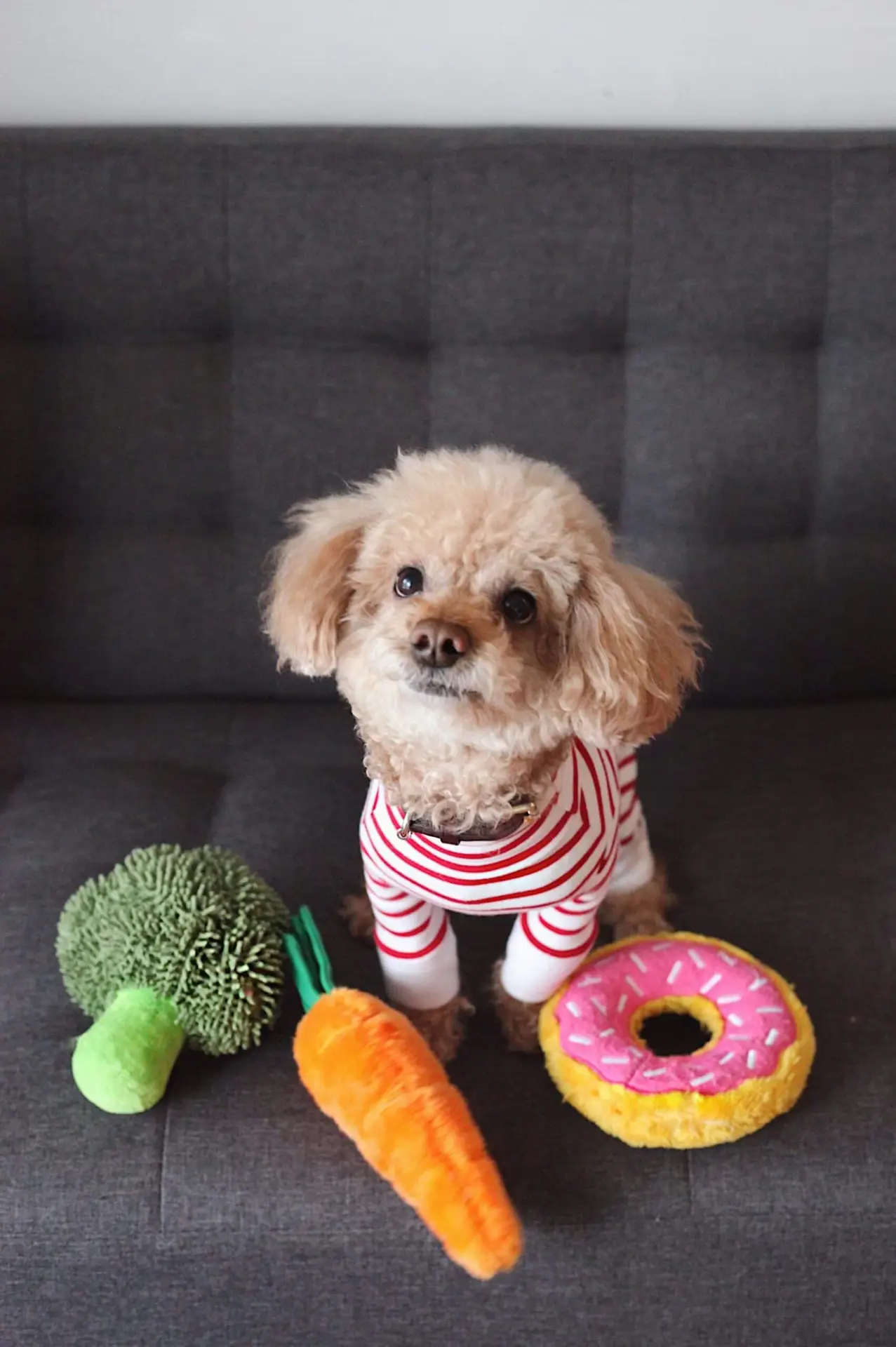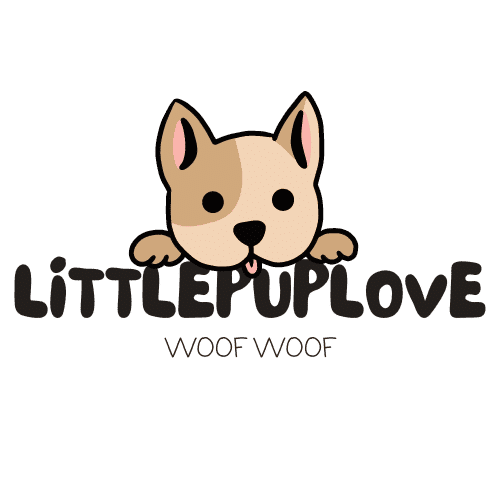When it comes to feeding your small dog, the choices can be overwhelming. There are so many choices out there. You might be wondering where can I start. What types of food can my small dog eat?
Just like us, dogs need a balanced diet to thrive, but their nutritional needs are unique. While your little companion might be eager to sample everything you eat, not all human foods are safe or beneficial for them. Here’s a comprehensive guide on what types of food your small dog can eat, and why some are better than others.
Introduction to Small Dog Diets
Ensuring a balanced diet for small dogs is crucial for their overall health and well-being. Unlike larger breeds, small dogs have specific nutritional needs that must be addressed to maintain their vitality. One of the primary differences lies in their metabolism; small dogs typically have faster metabolisms, meaning they require more calories per pound of body weight compared to their larger counterparts. This higher caloric need must be met with nutrient-dense food to provide the necessary energy without leading to overconsumption.
Another critical aspect to consider is the susceptibility of small dogs to obesity. Due to their smaller size, even minor overfeeding can lead to significant weight gain, which can subsequently result in various health issues such as joint problems, diabetes, and heart disease. Therefore, portion control and careful monitoring of their diet are essential.
Proper nutrition plays a pivotal role in maintaining the overall health, longevity, and quality of life for small dogs. A well-balanced diet can help support their immune system, promote a healthy coat and skin, and ensure optimal digestive health. It also aids in maintaining muscle mass and preventing conditions such as dental disease, which small breeds are particularly prone to.
Understanding the specific dietary needs of small dogs sets the foundation for identifying suitable and harmful foods. This knowledge is essential for pet owners to make informed decisions about their pet’s diet, contributing to their pet’s overall happiness and longevity. As we get deeper into the types of foods appropriate for small dogs, it is important to remember that each dog’s individual needs may vary based on factors such as age, activity level, and health status.
Disclosure: This post may contain affiliate links and I may receive a small commission if you purchase through them. There is no additional charge to you.
1. Commercial Dog Food: The Basics

Ensuring your small dog has a balanced and nutritious diet is crucial for their overall health and well-being. High-quality commercial dog foods are often formulated to meet the specific dietary needs of small breeds. These foods typically contain the right balance of proteins, fats, carbohydrates, vitamins, and minerals tailored for smaller dogs’ metabolisms. Look for brands that list meat as the primary ingredient and avoid those with excessive fillers or artificial additives.
Dry Kibble: The most common and convenient option, dry kibble is specially formulated to meet dogs’ nutritional needs. It typically contains a mix of meat, grains, vegetables, and added vitamins and minerals. One significant benefit of dry kibble is its dental health advantage. The crunchy texture helps reduce plaque buildup, which is crucial for small dogs who are prone to dental issues.
Wet Food: Canned dog food often contains higher protein and fat levels than dry kibble, making it a good option for dogs that need extra calories or have trouble chewing. However, wet food can be more expensive and less convenient than kibble. Always check the ingredients to ensure there are no artificial additives or excessive fillers.
When selecting commercial dog food, the label provides valuable information. Look for:
- High-Quality Proteins: The first ingredient should ideally be a named protein source like chicken, beef, or fish.
- Limited Fillers: Avoid foods with excessive fillers like corn, wheat, or soy.
- Essential Nutrients: Ensure the food contains essential vitamins and minerals to support your dog’s overall health.
- Avoid Artificial Additives: Steer clear of foods with artificial colors, flavors, or preservatives.
2. Home-Cooked Meals: Personalized Nutrition
Home-cooked meals allow you to control exactly what goes into your dog’s food, which can be beneficial if your pet has specific dietary needs or allergies. A well-balanced home-cooked diet usually includes:
- Proteins: Lean meats such as chicken and turkey are excellent sources of protein, essential for muscle maintenance and overall health. These meats are easy to digest and can be served cooked, but always ensure they are free from seasoning. Fish, particularly varieties rich in omega-3 fatty acids like salmon and mackerel, can significantly benefit your small dog’s coat and skin health, as well as support cognitive function. Always cook meat thoroughly and remove any bones to avoid choking hazards or digestive issues.
- Vegetables: Incorporating vegetables into your small dog’s diet can provide valuable nutrients. Carrots, peas, and sweet potatoes are nutritious choices. Carrots are rich in beta-carotene, which supports vision and immune health. Peas offer a good source of vitamins A, K, and B, along with fiber and protein. Sweet potatoes are another excellent choice, providing a rich source of dietary fiber, vitamins, and antioxidants that help in maintaining a healthy digestive system. They provide essential vitamins and fiber but should be served cooked to aid digestion.
- Fruits can also be a nutritious addition to your small dog’s diet. Apples, when cored and sliced, offer a good source of vitamins A and C, and fiber. Blueberries are packed with antioxidants, vitamin C, and fiber, which can support a small dog’s immune system and overall health. However, it’s essential to introduce fruits gradually and in moderation to avoid digestive upset.
- Grains: Brown rice, quinoa, and oatmeal can be good sources of carbohydrates, though some dogs might need grain-free diets due to allergies.
Foods to Avoid:
- Chocolate: Contains theobromine, which is toxic to dogs and can cause serious health issues, including heart problems and seizures.
- Grapes and Raisins: Even in small quantities, these can cause kidney failure in dogs.
- Onions and Garlic: These can damage a dog’s red blood cells, leading to anemia.
- Xylitol: This artificial sweetener, often found in sugar-free products, can cause rapid insulin release, leading to hypoglycemia.
By integrating these healthy food options into your small dog’s diet, you can ensure they receive a well-rounded intake of essential vitamins, minerals, and antioxidants. This balanced approach to feeding will help maintain their energy levels, support their immune system, and contribute to their long-term health and vitality. Be mindful that creating a balanced diet at home can be challenging. Consulting with a veterinarian or a pet nutritionist is essential to ensure your dog receives all the necessary nutrients.
3. Raw Diets: Natural But Risky
Some dog owners opt for raw diets, which include uncooked meat, bones, and vegetables. Proponents argue that raw diets are more natural and closely resemble what dogs would eat in the wild. However, raw diets carry risks such as bacterial contamination (like salmonella) and nutritional imbalances. Bones, even raw, can splinter and cause internal injuries. If you’re considering a raw diet, it’s crucial to do thorough research and consult with a vet to weigh the pros and cons.
4. Grain-Free Diets: Trend or Necessity?
Grain-free diets have become popular due to concerns over food allergies and sensitivities. These diets replace grains with other carbohydrate sources like potatoes or legumes. While some dogs benefit from grain-free diets, especially those with specific allergies, they are not necessary for all dogs. Recent studies suggest a potential link between certain grain-free foods and heart disease in dogs. It’s essential to consult your vet before switching to a grain-free diet to ensure it’s appropriate for your pet.
5. Supplements: Enhancing Your Dog’s Diet
Just like humans, dogs can benefit from dietary supplements. Common supplements include:
- Omega-3 Fatty Acids: Found in fish oil, these can improve coat health, reduce inflammation, and support brain function.
- Glucosamine and Chondroitin: These help maintain joint health, which is particularly important for small breeds prone to joint issues.
- Probiotics: Beneficial for digestive health, probiotics can help maintain a healthy gut flora.
Always consult your vet before adding supplements to your dog’s diet, as unnecessary supplementation can lead to health issues.
6. Treats and Snacks: Moderation is Key
Treats are an essential part of training and rewarding your dog, but they should be given in moderation to avoid obesity. Opt for treats made from natural ingredients with minimal processing. You can also make homemade treats, such as dehydrated sweet potato slices or small pieces of cooked meat. Remember to account for treats in your dog’s daily caloric intake to maintain a balanced diet.
Pupford Freeze Dried Training Treats for Dogs & Puppies, 475+ Two Ingredient Bites (Chicken, 4 oz)
Charlee Bear Original Dog Treats, Turkey Liver & Cranberries, 16 oz
7. Special Dietary Needs: Tailoring the Diet
Allergies: Some dogs develop food allergies or intolerances, leading to symptoms like itching, digestive issues, or ear infections. Common allergens include beef, dairy, and chicken. If your dog shows signs of food allergies, an elimination diet or allergy testing can help identify the culprit.
Weight Management: Small dogs are prone to obesity, which can lead to various health problems. Choose foods designed for weight control, which are lower in calories and higher in fiber. Regular exercise and portion control are crucial to maintaining a healthy weight.
Age and Health Conditions: Puppies, adult dogs, and seniors have different nutritional needs. Puppies require more protein and calories for growth, while seniors may need diets lower in calories but rich in fiber and joint-supporting nutrients. Dogs with health conditions like diabetes or kidney disease require specialized diets tailored to their specific needs.
8. Hydration: Don’t Forget Water

Water is an often-overlooked but vital part of your dog’s diet. Ensure your dog has access to fresh, clean water at all times. Dehydration can lead to serious health issues, especially in small dogs who have a higher surface area to body volume ratio and therefore lose water more quickly.
Here are some water dispenser to consider:
Tips for Creating a Balanced Diet for Your Small Dog
Ensuring your small dog maintains a balanced diet is crucial for their overall health and well-being. One of the fundamental aspects of this is portion control. Small dogs have different caloric needs compared to larger breeds, and overfeeding can lead to obesity and related health issues. Therefore, it is essential to measure your dog’s food accurately and adhere to recommended portion sizes based on their weight, age, and activity level.
The frequency of feeding is another critical factor. Small dogs often benefit from being fed smaller meals multiple times a day rather than one or two large meals. This can help maintain their energy levels and prevent hypoglycemia, a condition small dogs are particularly prone to. Typically, feeding small dogs two to three times a day is advisable.
Treats play a significant role in training and rewarding your pet, but they should be given in moderation. Treats should not exceed 10% of your dog’s daily caloric intake to avoid unintentional weight gain. Opt for healthy, low-calorie treats and avoid human foods that can be harmful to dogs, such as chocolate, grapes, and onions.
Consulting a veterinarian is a necessity for personalized dietary recommendations, especially if your dog has specific health conditions or allergies. A veterinarian can help tailor a diet that meets your dog’s unique needs, ensuring they receive all essential nutrients without triggering any adverse reactions.
When transitioning to new foods, do so gradually to avoid digestive upset. Start by mixing a small amount of the new food with your dog’s current food, gradually increasing the proportion of the new food over a week or two.
Monitoring your dog’s health and behavior is essential to detect any signs of dietary issues. Regularly check their weight, coat condition, and energy levels. If you observe any changes such as lethargy, excessive itching, or gastrointestinal issues, consult your veterinarian promptly to adjust their diet accordingly.
Conclusion
Feeding your small dog the right food is crucial for their health and happiness. Whether you choose commercial dog food, home-cooked meals, or a mix of both, it’s essential to provide a balanced diet tailored to their specific needs. Remember to avoid harmful human foods and consult with your vet for personalized dietary advice. With the right nutrition, your little companion can lead a long, healthy, and joyful life.








